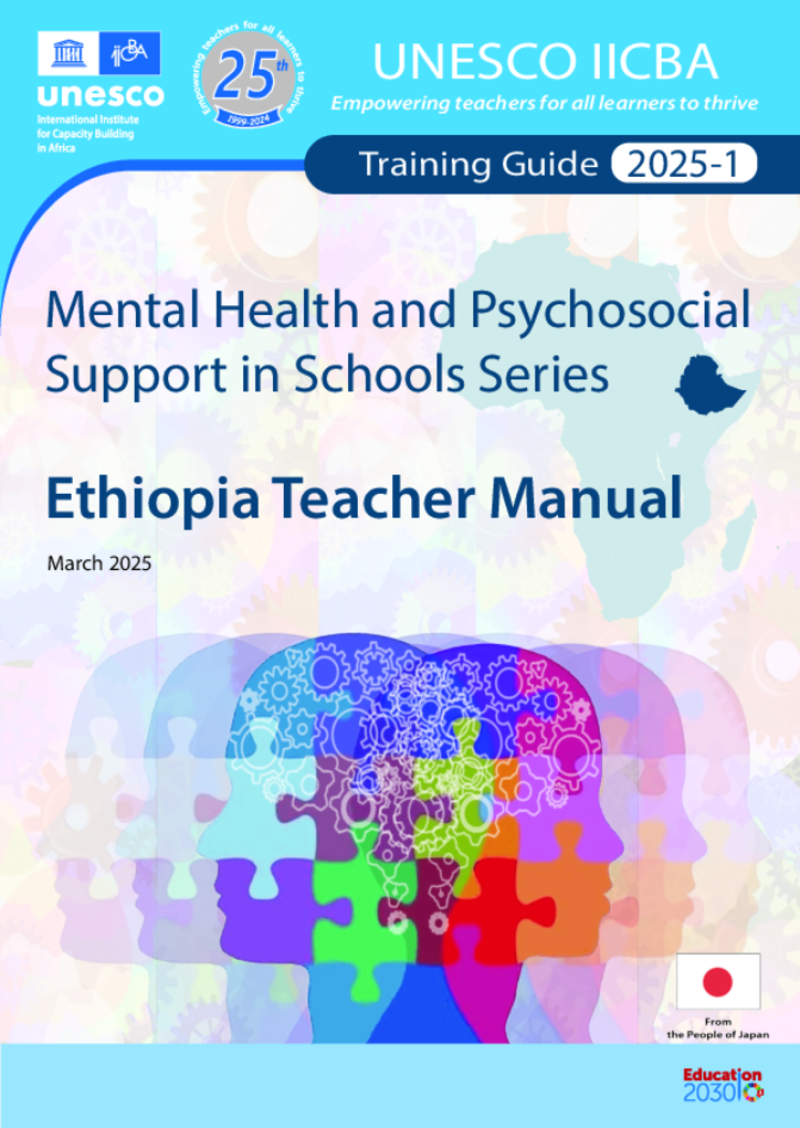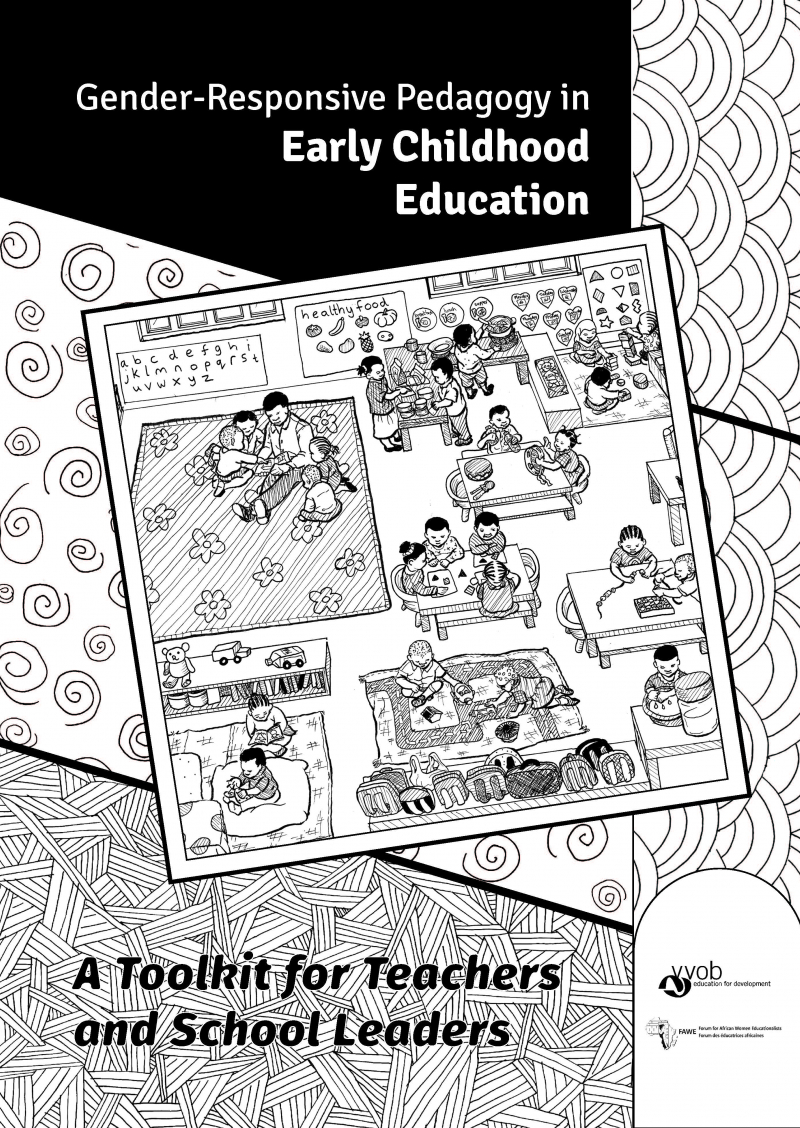Centre de Ressources pour les Enseignants
Affichage de 1 à 3 sur 3
Mental Health and Psychosocial Support in Schools Series - Ethiopia Teacher Manual
This manual equips teachers with practical knowledge and tools to support the mental health and psychosocial well-being of learners, particularly in conflict-affected regions like Afar, Amhara, and Tigray. It includes a case management toolkit and aims to create a safe, healing classroom environment. The manual raises awareness of MHPSS, provides techniques for identifying and managing mental health issues, and promotes emotional safety and resilience. By integrating MHPSS into teaching, it helps teachers foster a supportive and inclusive educational environment, enhancing professional development through trauma-informed pedagogy.
Assistive Technologies: Inclusive Teaching Guidelines for Educators
Assistive technologies encompass tools and services designed to enhance learners' independence, participation, and success, helping them reach their full potential. This guide explains how educators can use assistive technology to create an inclusive environment that supports diverse learning styles and information processing. It introduces various assistive technologies that cater to individual learner needs, helping them overcome challenges. Educators should view assistive technologies as resources for all students, integrating them into the classroom to ensure widespread benefit and minimize the risk of stigmatization.
Gender-responsive pedagogy in early childhood education. A toolkit for teachers and school leaders
The toolkit offers an introduction to gender-responsive pedagogy in early childhood education and serves as a practical guide that can be adapted to any context and the related needs. It provides teachers at early education practical tips to ensure they are able to offer children a learning environment that is free of prejudice and stereotypes. It is a source of ideas that individual teachers and school leaders can put to immediate use in their classrooms and schools. The toolkit was pre-trialled in three countries: Rwanda, South Africa and Zambia, and it can be contextualised for implementation in different African countries.


